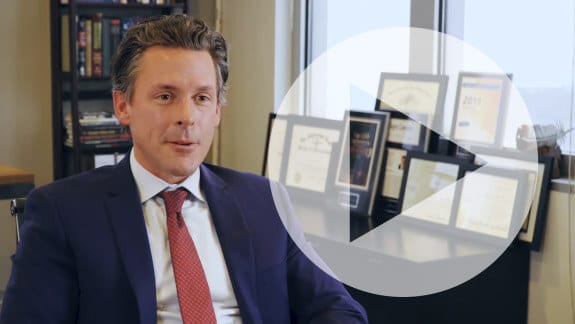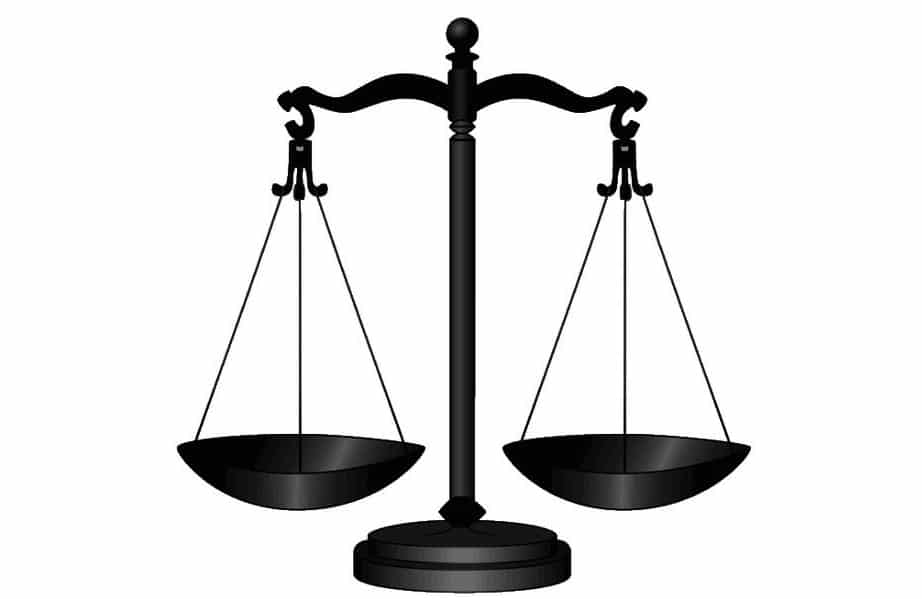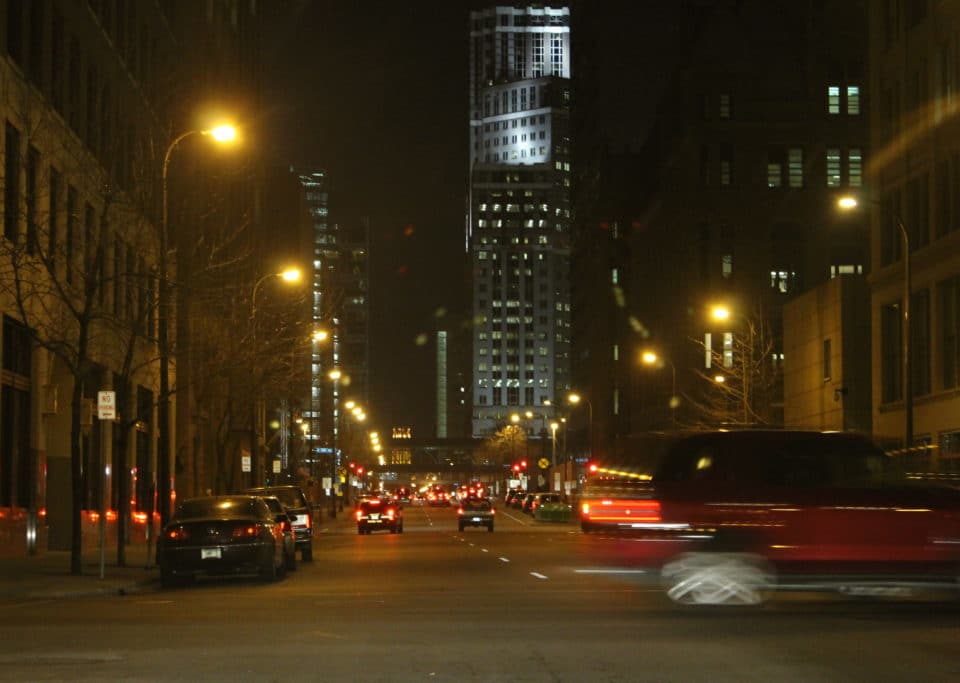Because so many people have a DWI (or DUI) on their record, you may think the law is simple and easy to understand. It is also one of the most common offenses that people plead guilty to without hiring a lawyer because the first offense does not carry very high penalties, or so it seems. This is certainly not the case.
If you are charged with a DWI, you are likely charged with two offenses: (1) DWI and (2) having an alcohol concentration of .08 or more within two hours of driving. The most common resolution without a criminal defense attorney is to plead guilty to one of those offenses. If you hire a criminal defense attorney, sometimes the charge can be reduced to a careless driving. This means that if, for instance, you apply for a job, you do not have a DWI on your record.
DWIs are “enhanceable offenses.” This means that the more you get within 10 years, the more severe the charge and the penalty. Let’s say you were pulled over, charged, and pled guilty to your first DWI in 2005. That’s a misdemeanor fourth-degree DWI and the penalties are relatively light. Normally, you won’t serve jail time, but will pay a fine and have jail time hanging over your head for a year or two to make sure you don’t screw up. Then, let’s say you were charged with another DWI in 2007. This is a gross misdemeanor third-degree DWI because it’s your second DWI in 10 years. The possibility of jail is higher, the fine is higher, and probation is likely longer. If you get a DWI in 2009, it stays a gross misdemeanor but it is a second-degree DWI. The penalties are higher and you will likely serve jail time. If you get a fourth (or more) DWI before 2015, it is a felony and you will almost certainly serve jail time unless there are some very compelling circumstances your criminal defense attorney can argue to the judge.
Every DWI case has simultaneous civil cases. First, there is the potential that your car will be forfeited to the government. You will have to file documents with the court asking that your car be returned to you. Depending on the facts, the court may or may not grant your request.
Second, there is the implied consent side of the case. Instead of a prosecutor on the other side, it is the Attorney General. This part of the case typically happens after the criminal case is resolved, meaning you have either been found guilty at trial or have pled guilty to something. You or your criminal defense lawyer must file a petition with the court asking for a hearing. The goal of the implied consent side of the case is to prevent the revocation of your driver’s license, which is a penalty of having a DWI. Usually, the issues at the hearing are whether the officer legally stopped you, whether the officer had reasonable articulable suspicion to administer the preliminary breath test, and whether your right to counsel was vindicated. If you pled guilty to careless driving, on the other hand, winning the implied consent means that it is not an alcohol-related offense. Because the careless driving is treated similar to a DWI offense for future DWI charges, a won implied consent means that the careless driving is not used against you for future DWI offenses.



